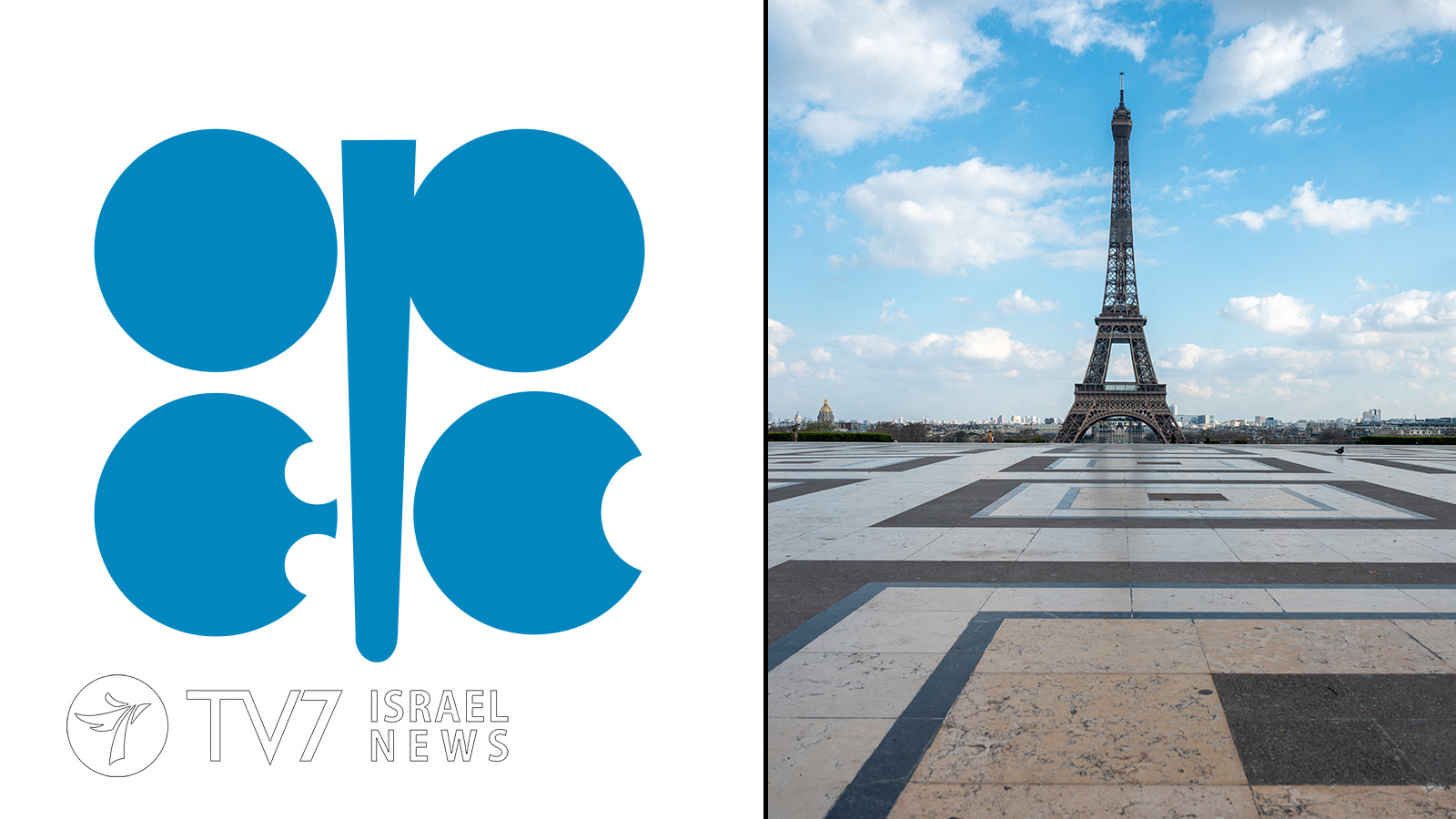The Organization of the Petroleum Exporting Countries (OPEC) is preparing to assess its current policy of holding back millions of barrels of daily supply as the third wave of the coronavirus sweeps Europe.
Saudi Arabia is the de facto leader of the intergovernmental state group, that includes Algeria, Angola, Equatorial Guinea, Gabon, Iran, Iraq, Kuwait, Libya, Nigeria, the Republic of the Congo, the United Arab Emirates and Venezuela.
OPEC was founded in 1960, and its stated mission is to “coordinate and unify the petroleum policies of its member countries and ensure the stabilization of oil markets, in order to secure an efficient, economic and regular supply of petroleum to consumers, a steady income to producers, and a fair return on capital for those investing in the petroleum industry.”
In 2016, OPEC formed a super cartel with 10 additional oil exporting countries – led by Russia – in an initiative to set the global price of crude oil through agreed-upon quotas aimed at keeping production below demand levels. Azerbaijan, Bahrain, Brunei, Kazakhstan, Malaysia, Mexico, Oman, Sudan and South Sudan belong to the group, which is known as OPEC+.
The Vienna-based OPEC+ unexpectedly decided to hold output steady on 4 March, in a move that analysts say is now looking wise as European nations including France, Switzerland and Norway have since tightened restrictions in response to rising COVID-19 infections.
OPEC+ will review that policy one week from today on 1 April. Previous hopes to ease output cuts had been considered following steady gains in oil prices earlier this year, although now industry sources believe these plans may be shelved due to the fresh wave of lockdowns.
The industry’s benchmark of Brent crude futures topped $71 a barrel this month, marking the highest price since before the coronavirus outbreak.
Saudi Energy Minister Prince Abdulaziz bin Salman Al-Saud cited Italy’s re-imposition of restrictions aimed at curbing the pandemic as cause for maintaining a firm stance.
Four OPEC+ sources told Reuters they expect a similar decision to the last meeting, when the producers then broadly stuck to its cuts, while permitting Russia and Kazakhstan a modest rise of 150,000 barrels per day (bpd).
“I won’t be surprised to hear the view that it is better to be cautious and not add more supply yet,” said one OPEC+ source, who asked not to be identified.
Energy Minister of the UAE, which is OPEC’s third-largest producer, also expressed caution this week. OPEC+ is unlikely to pump any more oil than the market could handle, said Minister Suhail Mohamed Faraj Al Mazrouei.
Another OPEC source said that the lack of stability in oil prices means that any OPEC+ decision to increase production could jeopardize their previous gains in managing the oil market and restoring stability.”
Increasing oil exports by Iran is adding to the concern. The Islamic Republic has successfully managed to evade United States’ sanctions by boosting shipment.
Due to challenges facing their respective economies, Iran, Libya and Venezuela have been exempted from the cuts which were applicable to all other OPEC+ members.
The collective cuts currently amount to just over 7 million bpd plus an additional 1 million bpd voluntarily pledged by Saudi Arabia. 2020 saw a record 9.7 million bpd, which is equivalent to around 10% of world output.
Nations who are major producers who do not belong to OPEC+ include the United States, Canada, China, Brazil and Norway.
